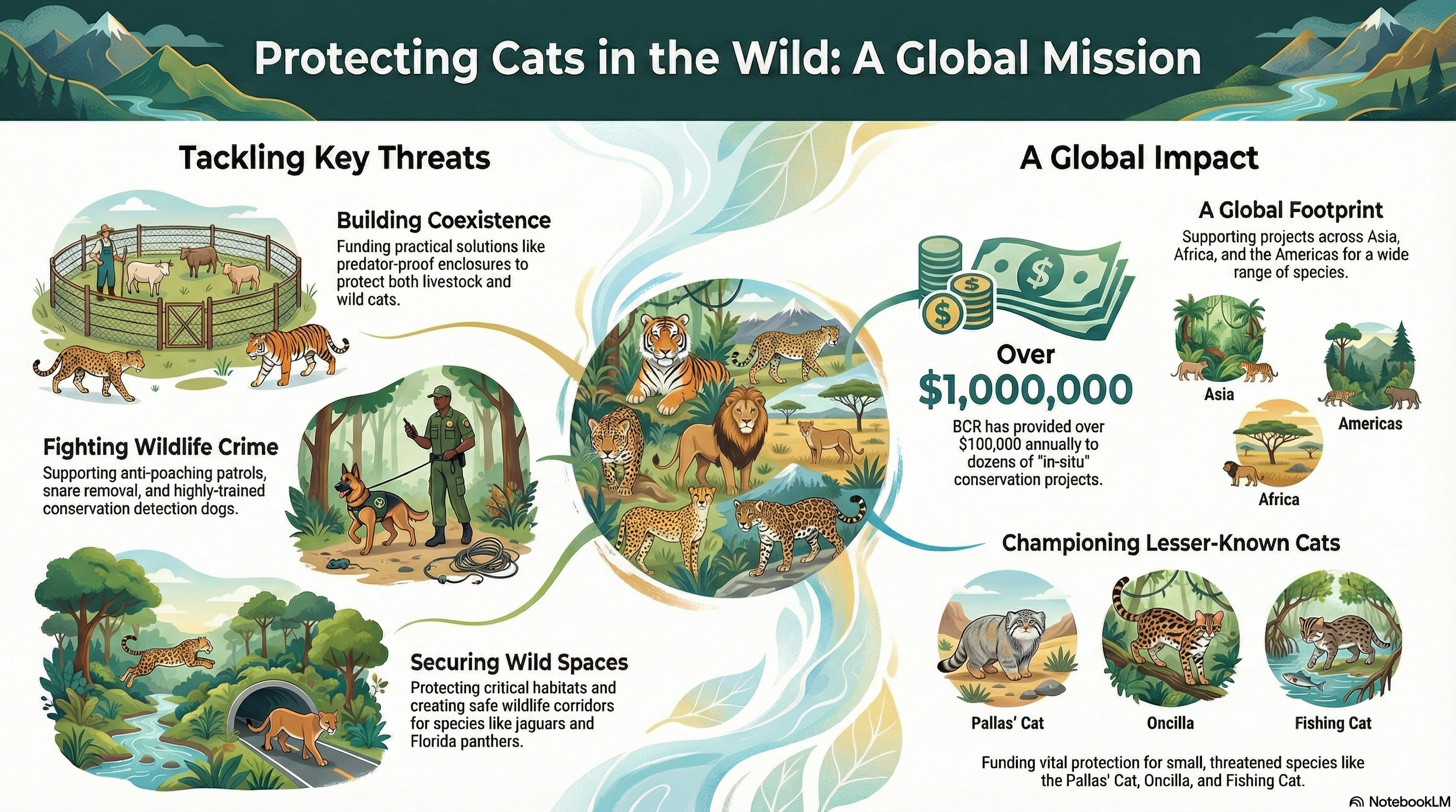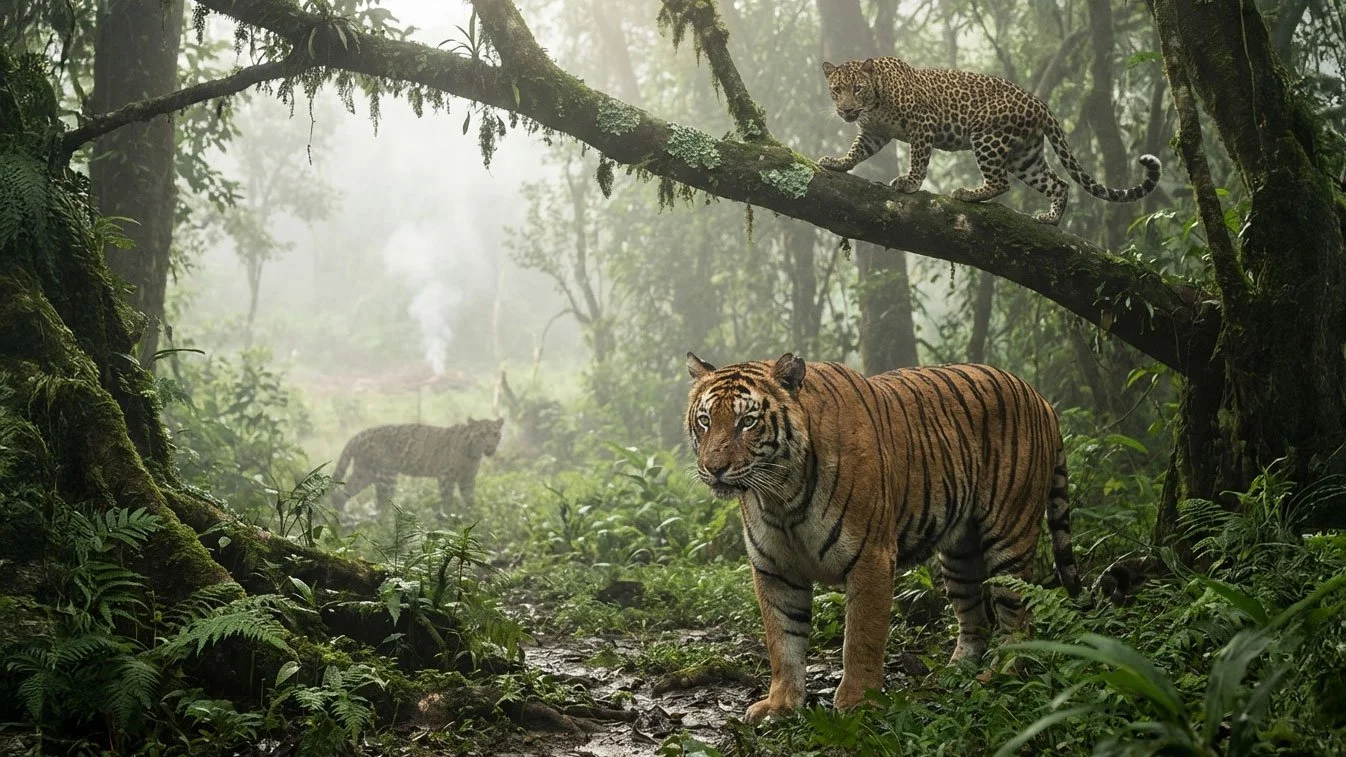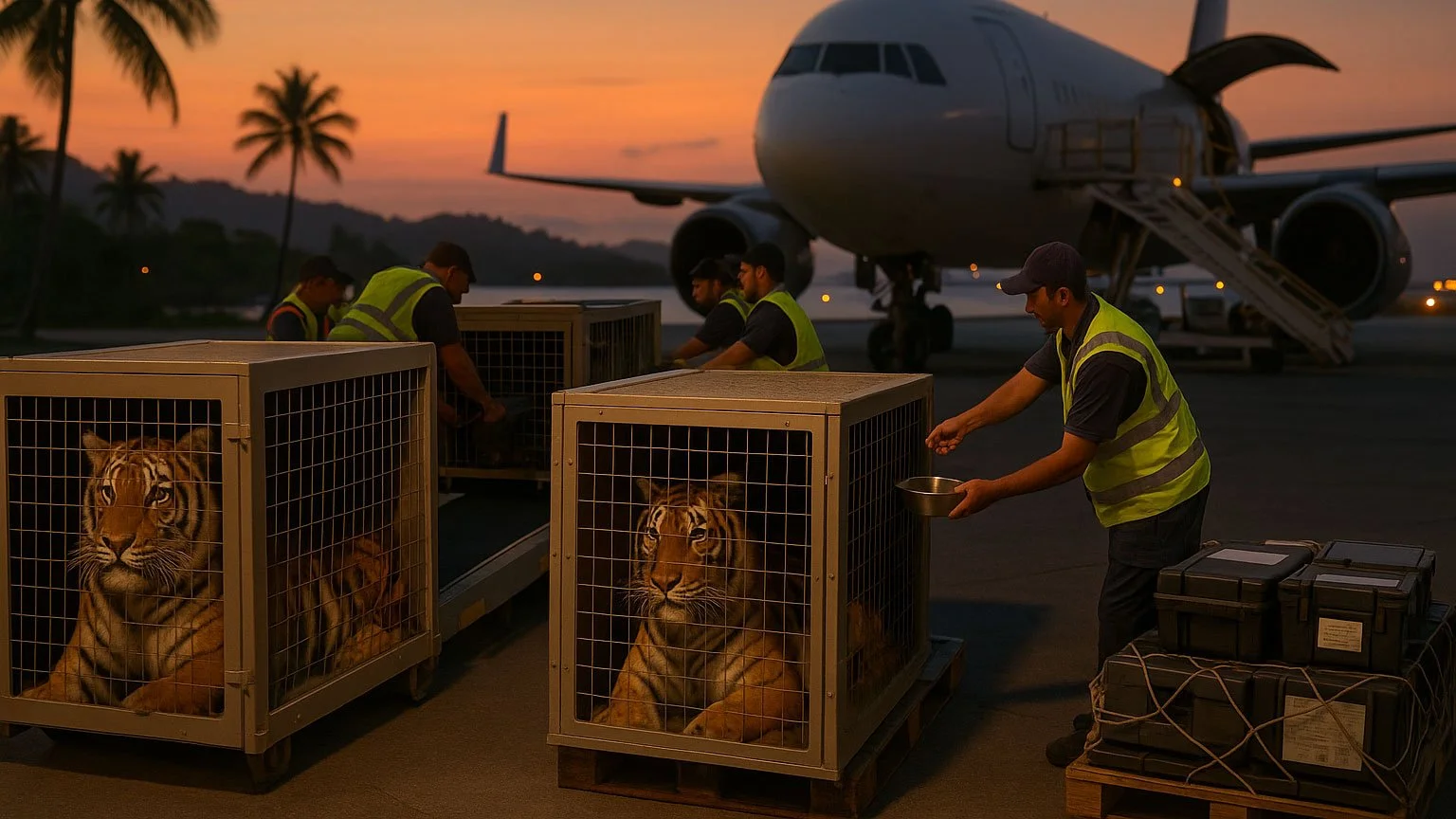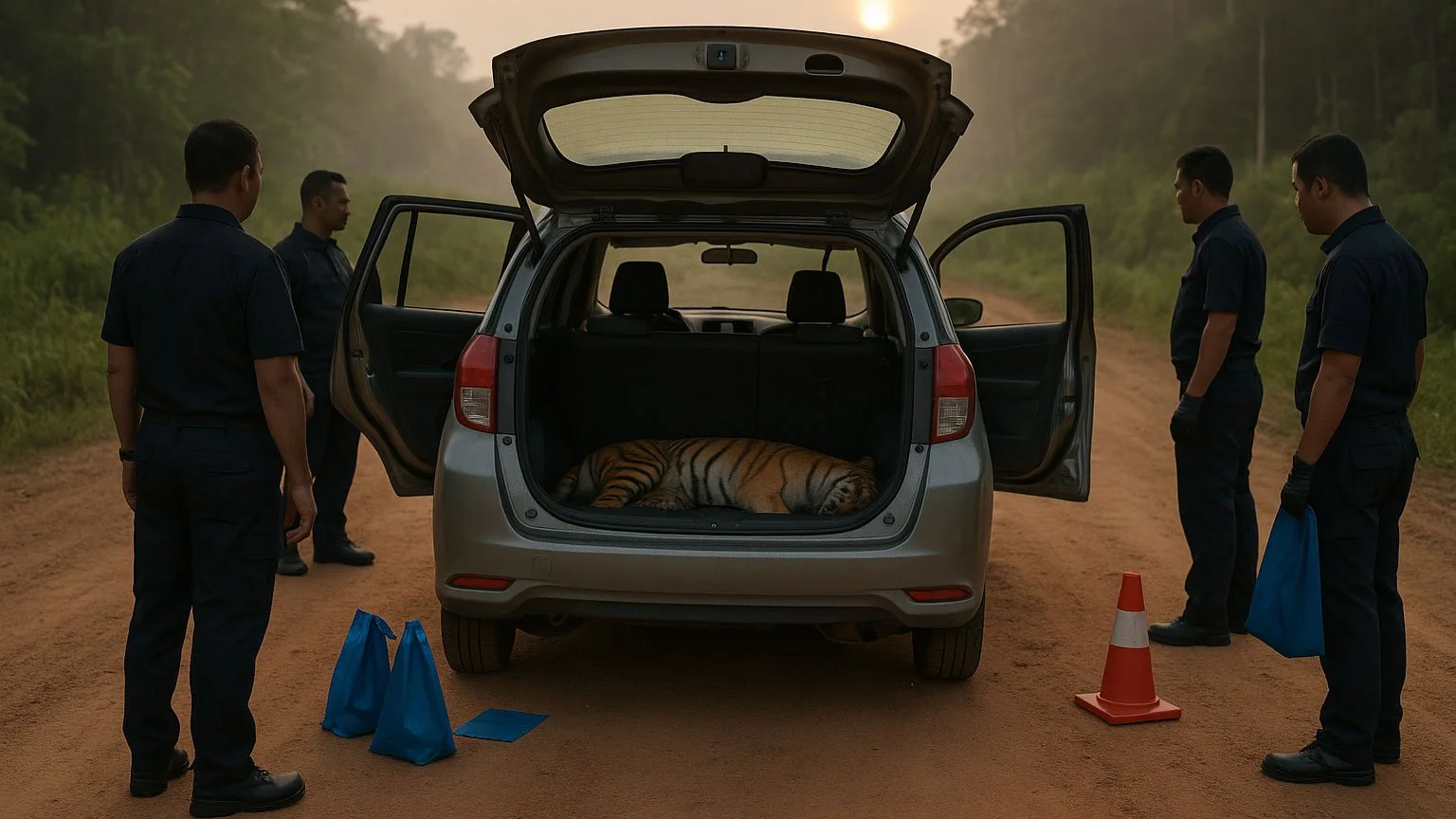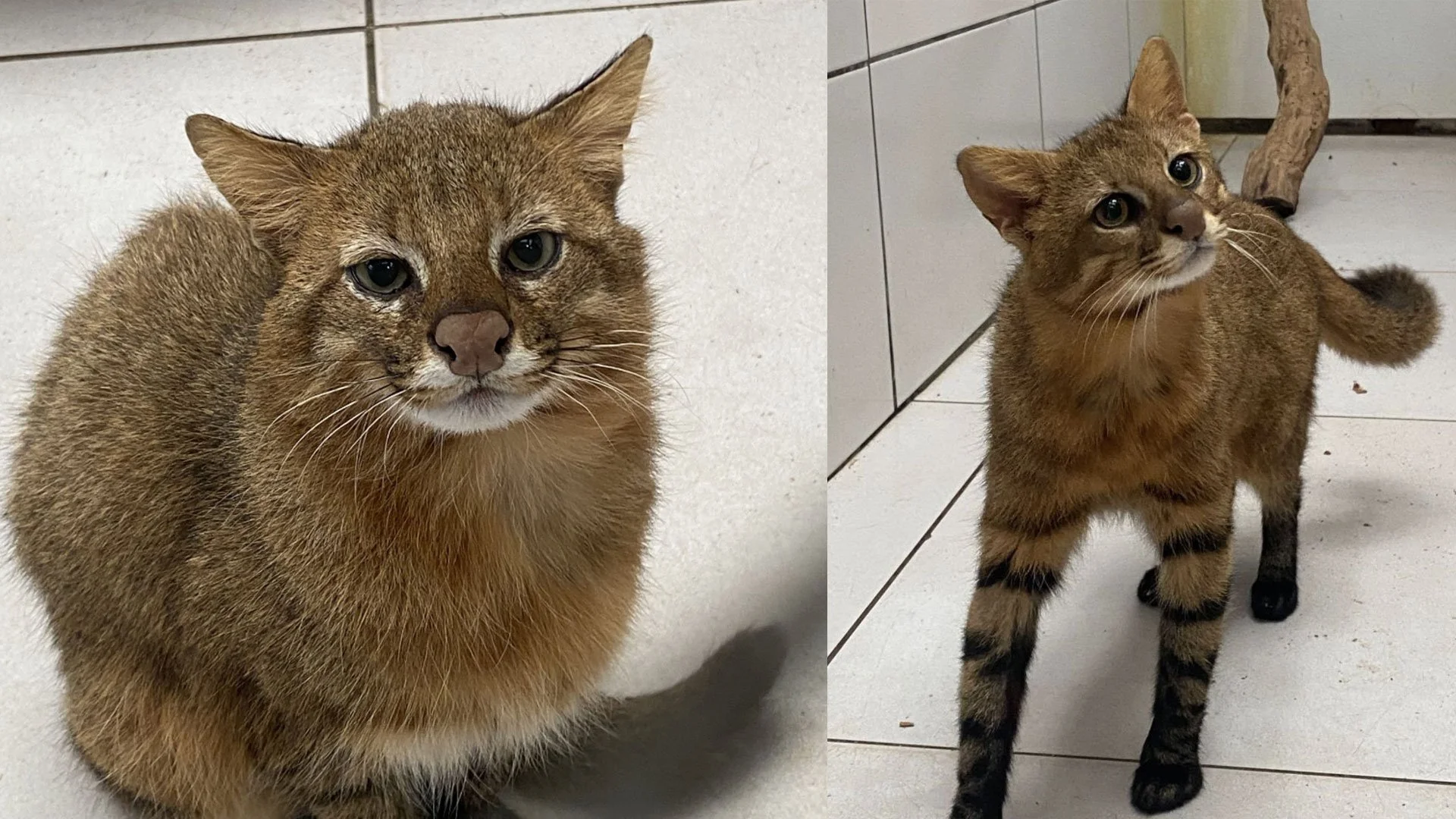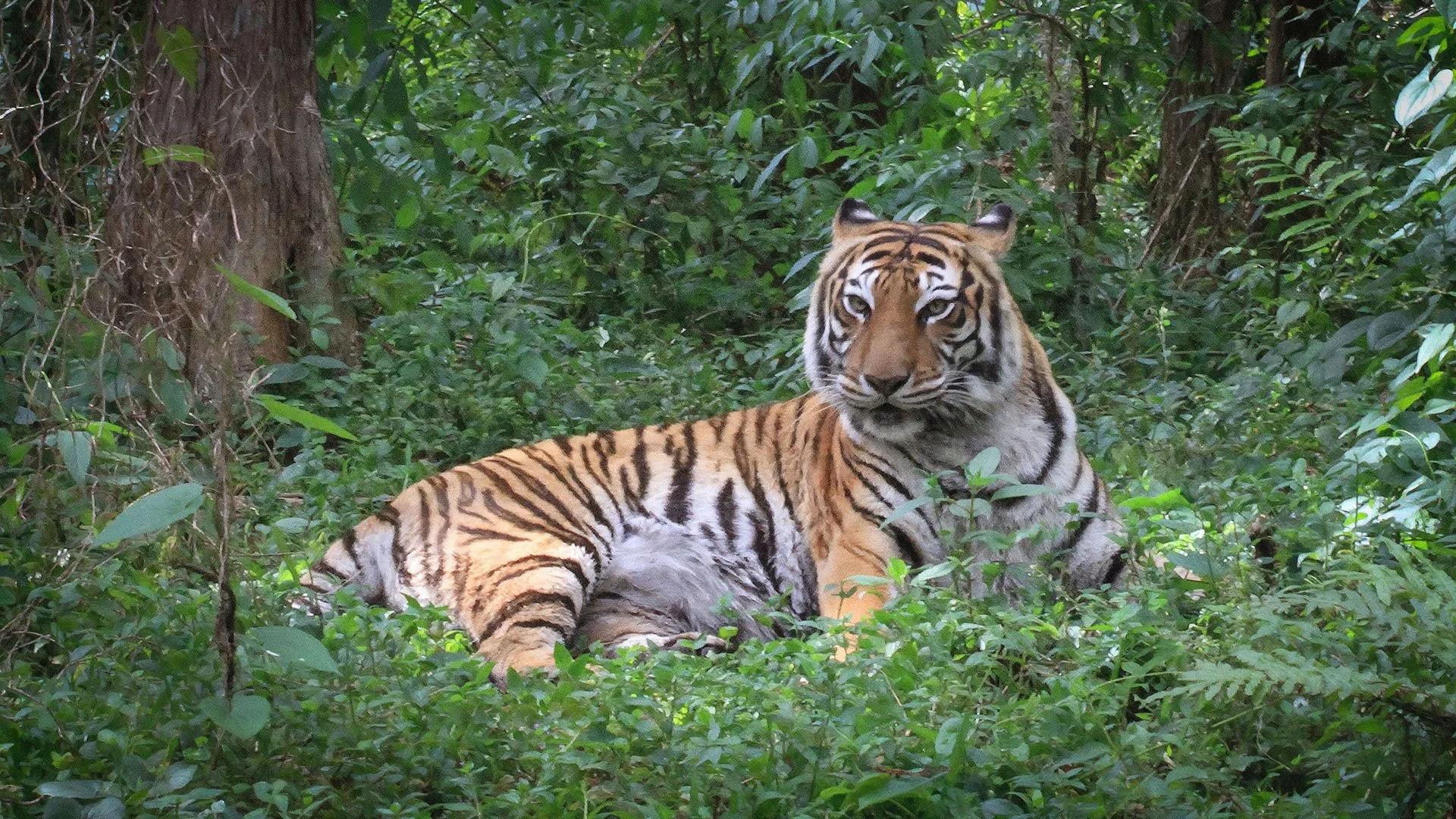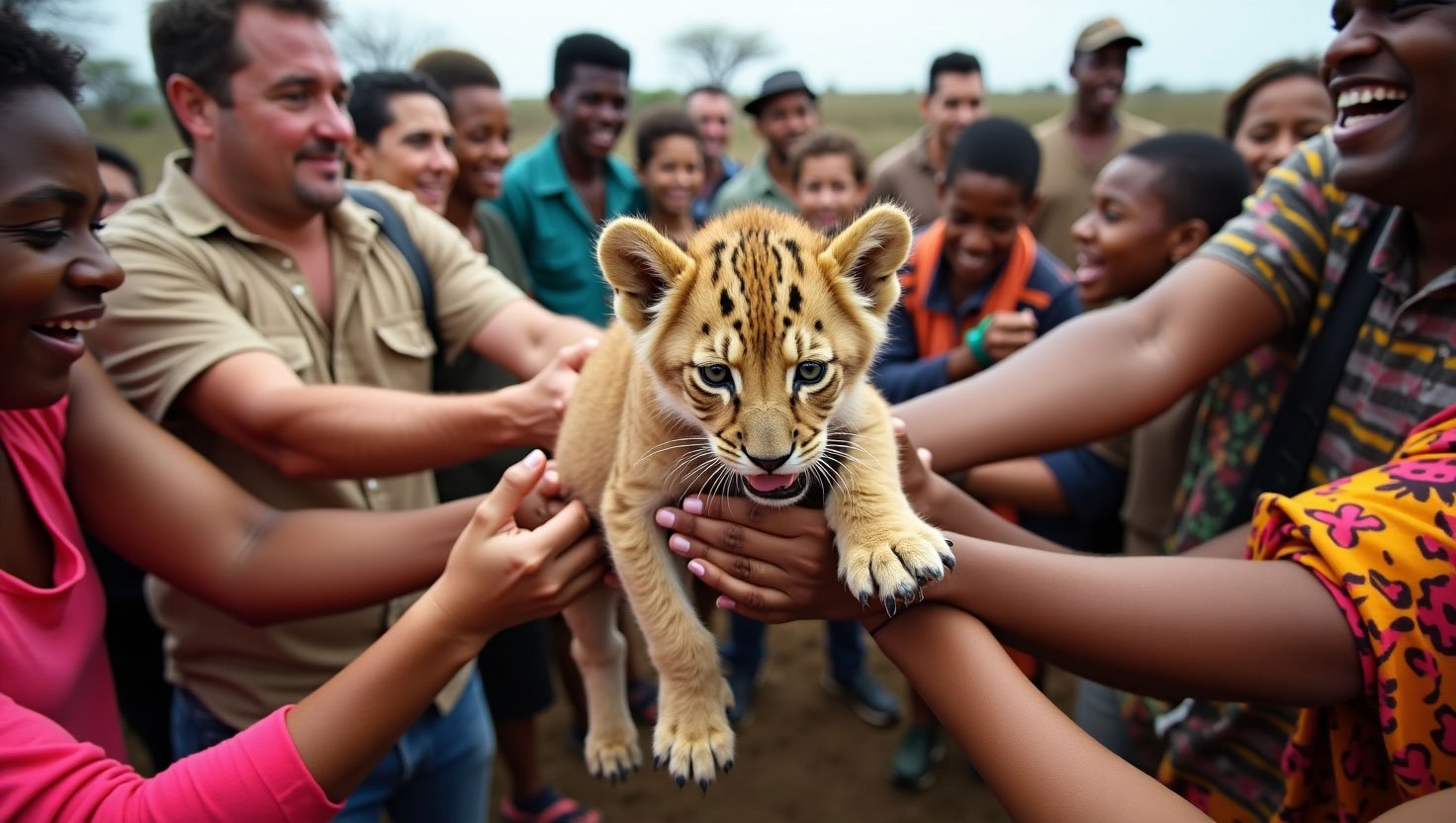Operation Thunder 2024: A Global Victory for Wildlife, but the Fight Isn't Over
In a monumental stride against wildlife and forestry crime, Operation Thunder 2024, coordinated by INTERPOL and the World Customs Organization (WCO), led to the seizure of nearly 20,000 live animals and the arrest of 365 suspects across 138 countries. This unprecedented global effort underscores the persistent threat of illegal wildlife trade and the critical need for continued vigilance and support for conservation initiatives.
The Scale of the Operation
Spanning from November 11 to December 6, 2024, Operation Thunder 2024 stands as the most extensive since its inception in 2017. The operation targeted transnational criminal networks exploiting endangered and protected species for various illicit markets, including food, traditional medicine, luxury items, and the exotic pet trade. The collaborative efforts of police, customs, border control, forestry, and wildlife officials culminated in 2,213 seizures worldwide.
Rescued Wildlife
The operation led to the rescue of a diverse array of species, all listed under the Convention on International Trade in Endangered Species of Wild Fauna and Flora (CITES). Notable rescues include:
Big Cats: Eighteen big cats, including tiger cubs, were seized, highlighting the ongoing issue of illegal breeding and trafficking.
Birds: Authorities confiscated 6,500 live songbirds during a vehicle inspection at the Syrian border in Türkiye, destined for the illegal pet trade.
Reptiles: Over 5,877 live turtles and 1,731 other reptiles, such as blue-tongued lizards, were rescued from traffickers.
Primates: Thirty-three protected primates were seized, including species found in Indonesia and Chile.
Pangolins: Twelve live pangolins were rescued, and nearly 4.5 tonnes of pangolin scales were seized in Nigeria, indicating the high demand for their scales in traditional medicine.
These animals were transferred to conservation centers for health assessments and rehabilitation, with wildlife forensic experts collecting DNA samples to support prosecutions and provide insights into trafficking routes.
Seizure of Animal Parts and Plants
In addition to live animals, the operation resulted in significant seizures of protected animal parts, plants, and timber:
Timber: Large-scale timber trafficking was uncovered, with 134 tonnes seized in Indonesia and 41 tonnes in Kenya, primarily occurring in sea cargo shipments.
Marine Life: Authorities in Hong Kong seized 973 kg of dried shark fins originating from Morocco, destined for culinary use.
Ivory: Indonesia reported two instances of trafficking African ivory, underscoring the persistent demand for elephant tusks.
Luxury Items: Seizures included python skin products in Italy and a leopard skin coat in Poland, highlighting the exploitation of wildlife for fashion.
These findings emphasize the extensive reach of wildlife trafficking networks and the diverse forms of exploitation that threaten global biodiversity.
The Role of Organized Crime
The operation identified six transnational criminal networks and over 100 companies involved in the trafficking of protected species. These organized crime groups profit from the demand for rare plants and animals, driving biodiversity loss, contributing to climate change, and fueling conflict and instability. The use of social media platforms and online marketplaces by traffickers to expand their reach was also uncovered, indicating the evolving nature of wildlife crime.
The Importance of Conservation Support
While the success of Operation Thunder 2024 is commendable, it also highlights the ongoing challenges in combating wildlife trafficking. The rescued animals represent a fraction of those affected by illegal trade, and the dismantling of trafficking networks requires sustained effort and resources.
Supporting organizations like Big Cat Rescue plays a vital role in these efforts. By contributing to their initiatives, you aid in the rescue and rehabilitation of big cats and support broader conservation programs that address the root causes of wildlife trafficking.
How You Can Make a Difference
Beyond financial contributions, you can support conservation efforts by:
Educating Yourself and Others: Learn about the impact of wildlife trafficking and share information to raise awareness.
Making Responsible Consumer Choices: Avoid purchasing products made from endangered species or unsustainably sourced materials.
Advocating for Stronger Policies: Support legislation that protects wildlife and holds traffickers accountable.
Reporting Suspicious Activities: If you encounter illegal wildlife products or suspect trafficking, report it to authorities.
By taking these actions, you contribute to the preservation of wildlife and the health of our planet. Every effort counts, and together, we can combat the illegal wildlife trade and ensure a future where wild animals thrive in their natural habitats.
Learn more: https://www.interpol.int/News-and-Events/News/2025/Nearly-20-000-live-animals-seized-365-suspects-arrested-in-largest-ever-wildlife-and-forestry-operation


